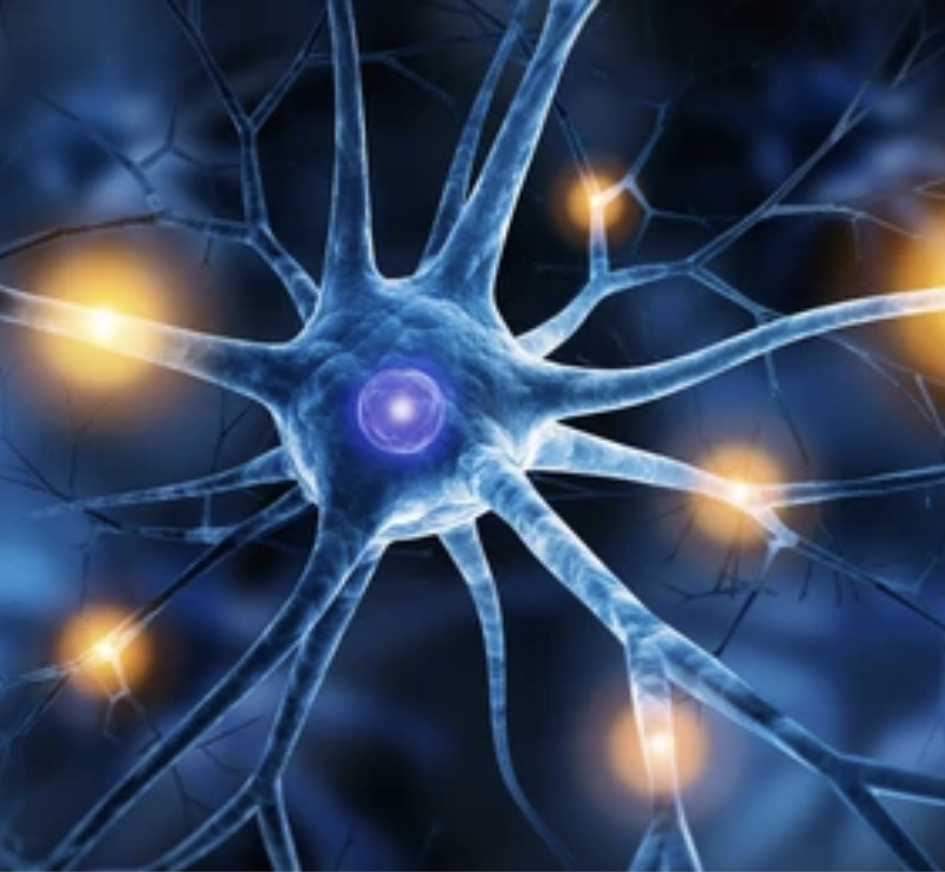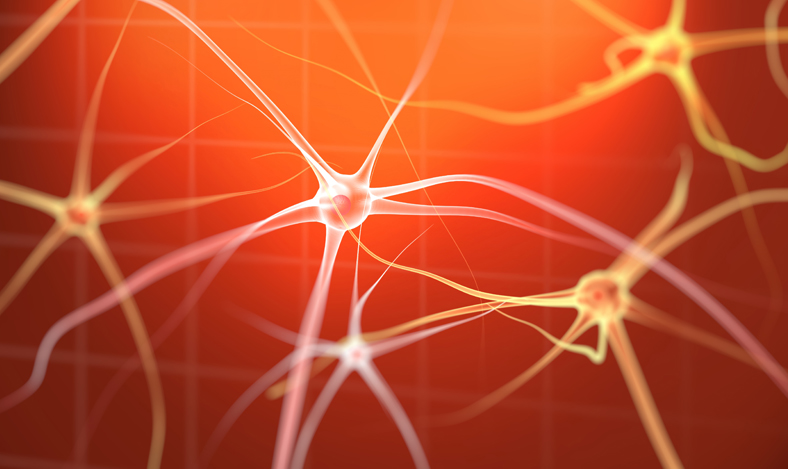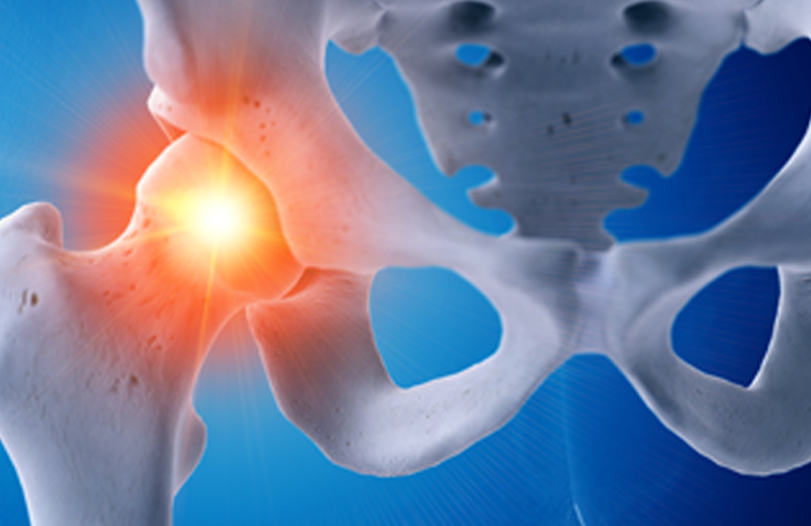Channavix Therapeutics, LLC is developing a portfolio of novel non-addictive, non-opioid analgesics that provide multi-week pain relief with local administration. Our programs are being developed for acute and chronic pain conditions for both human and veterinary markets.

MANAGEMENT TEAM
Mr. Monroe has over 30 years of management experience. He has a background in mergers & acquisitions, technology transactions, and corporate finance. Mr. Monroe has been operationally involved in biotech since 2008, holding positions of CFO and EVP at Serometrix, and in 2014 became CEO of Serometrix. Mr. Monroe also founded Peregrine Capital Partners, LLC, a boutique investment banking firm focused on middle market companies. Mr. Monroe holds a B.S. from the School of Management at State University of New York at Buffalo, and an M.B.A. from the S.C. Johnson Graduate School of Management at Cornell University.
Dr. Bourne has over 15 years of experience in biomedical research which includes Serometrix where he helped discover novel allosteric PCSK9 inhibitors and an adjunct research faculty appointment at the Hospital for Special Surgery (New York, NY). Dr. Bourne has a B.S. in Biophysics from SUNY Geneseo, an M.S. in Clinical Investigation from Cornell University (Weill), and his Ph.D. in Medical Sciences from Cornell University (Weill). He completed his dissertation research at the Hospital for Special Surgery in an arthritis and soft-tissue biomechanics laboratory and undertook post-doctoral training with joint appointments at the Hospital for Special Surgery and the Department of Physiology and Biophysics at Weill Medical College (New York, NY).
Dr. Barta has over 30 years of medicinal chemistry experience which includes Pharmacia, where his research group was involved in anti-inflammatory drug discovery, leading to the approval of the cyclooxygenase II inhibitor Celebrex, Serenex where he worked on oncology targets including heat shock protein 90 inhibitors that entered Phase I clinical trials before the company was acquired by Pfizer, and Serometrix where he helped discover novel allosteric PCSK9 inhibitors. Dr. Barta has a B.S. in Chemistry from the Massachusetts Institute of Technology. His Ph.D. in Organic Chemistry is from the University of Rochester, where he studied with Professor R.K. Boeckman. He also completed an NIH postdoctoral fellowship at Northwestern University in Organic Chemistry with Professor A.G.M. Barrett.
SCIENTIFIC FOUNDERS
Dr. Bhattacharjee is Associate Professor, Pharmacology and Toxicology, State University of New York at Buffalo, and Director of Undergraduate Education, Pharmacology and Toxicology.
Dr. Bhattacharjee is a current member of the National Institute of Health’s (NIH) Neurobiology of Pain and Itch (NPI) Study Section. Dr. Bhattacharjee’s research has focused on ion channels and approaches to determine how ion channels and ion channel interacting proteins contribute to pain behavior. Dr. Bhattacharjee has a BS, Biology, University of Alberta. His PhD in Pharmacology is from University of South Alabama, and he completed a Fellowship in Pharmacology/Neuroscience at Yale University and was Postdoctoral Associate, Pharmacology at Yale University.
Dr. Daurignac is Research Assistant Professor, Department of Psychiatry, State University of New York at Buffalo. Dr. Daurignac is a cognitive neuroscientist with focus in clinical trials involving bipolar & schizophrenic patients, and also has a background in addiction. Dr. Daurignac earned a BS, Cellular and Molecular Physiology, and a MS, Cognitive Sciences at Universite Pierre et Marie Curie (Paris VI), France, where she also earned her PhD in Cognitive Sciences. Dr. Daurignac’s post-doctoral fellowships include a Post-doctoral Fellowship with Lilly & CNRS, Paris, France; a Post-doctoral Fellowship at Robert Wood Johnson Foundation; and a Fellowship in Psychiatry at Yale University.
PIPELINE
Channavix Therapeutics, LLC is developing programs that have unique mechanisms of action without risk of addiction.
Our programs are being developed for human and veterinary uses for multiple pain conditions such as:
• Acute/post-surgical pain
• Neuropathic pain
• Chronic pain (e.g., osteoarthritis)
Additionally, both of our programs share the following attributes:
- Patented and Patent Pending Technology
- Genetically Validated Targets
- Local Delivery
- No Neurotoxicity
- Multi-week Analgesia in vivo
- Non-Addictive
Program 1
NaV1.8 Inhibition
Our NaV1.8 program inhibits NaV1.8 – Magi1 binding. Magi1 is a scaffolding protein involved in anchoring the NaV1.8 ion channel at the cell surface. This novel mechanism of action has been validated in vitro and in vivo to significantly reduce pain signaling without the negative consequences of systemic and direct inhibition of NaV1.8.


Program 2
Neuropeptide Release & CGRP Inhibition Program
Our AP2 program inhibits neurons from releasing neuropeptides, such as CGRP, in response to pain stimuli. By inhibiting this response to pain stimuli we prevent or reverse neuron hyperexcitability and break the pain signaling cycle at the source rather than in the central nervous system. This mechanism of action has been validated in vitro and in vivoto significantly reduce pain signals by targeting peripheral nerves while sparing motor control and normal sensation.

